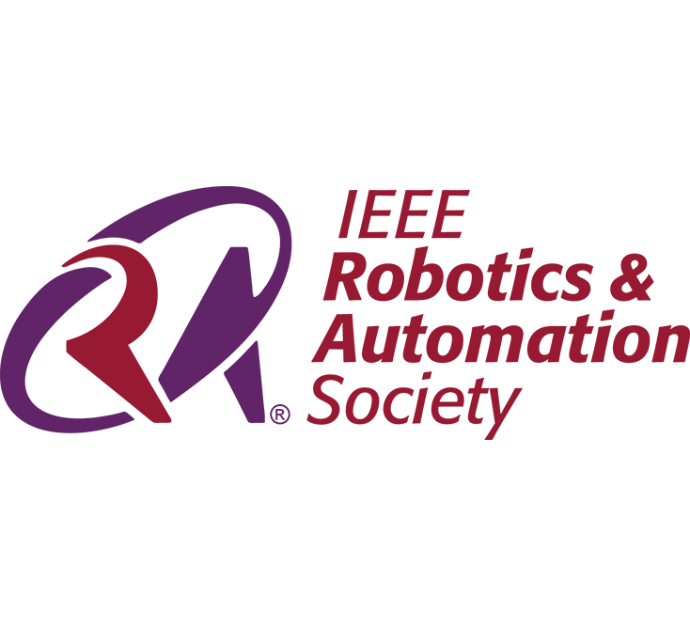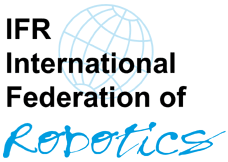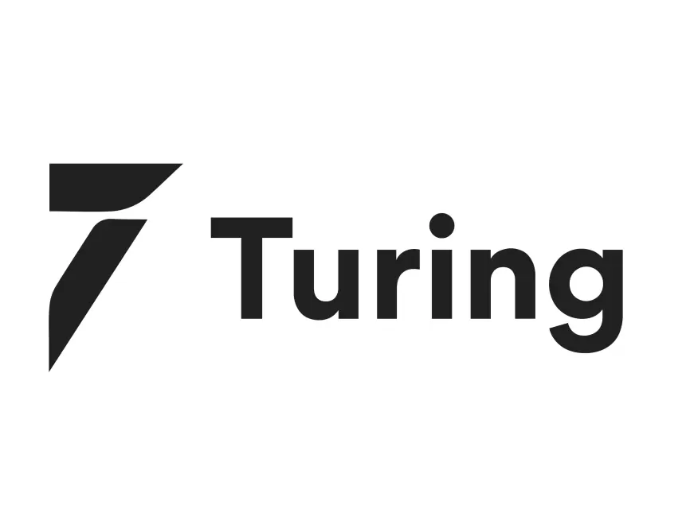| Career Path | Description | Career Pathway | Universities Offering Undergraduate Programs |
| Robotics Engineer | Design, develop, and test robots for applications in industries such as manufacturing, healthcare, etc. | Robotics, Mechanical Engineering, Electrical Engineering | Massachusetts Institute of Technology (MIT), Stanford University, Carnegie Mellon University |
| AI Specialist | Develop algorithms and models for artificial intelligence systems used in applications like automation. | Computer Science, Data Science, Artificial Intelligence | University of California, Berkeley, University of Oxford, University of Toronto |
| Space Scientist | Research space phenomena, design space missions, and contribute to satellite or spacecraft development. | Astrophysics, Aerospace Engineering, Planetary Science | California Institute of Technology (Caltech), University of Cambridge, University of Tokyo |
| Data Scientist | Analyze large datasets to uncover patterns and provide insights for decision-making in industries. | Data Science, Statistics, Computer Science | Harvard University, University of Edinburgh, National University of Singapore |
| Cybersecurity Analyst | Protect systems and networks from cyberattacks and unauthorized access, ensuring data integrity. | Information Security, Computer Science | University of Southern California, Georgia Institute of Technology, University of Waterloo |
| Biomedical Engineer | Design and develop medical devices, equipment, and software used in healthcare and medical research. | Biomedical Engineering, Bioinformatics, Mechanical Engineering | Johns Hopkins University, University of California, San Diego, Imperial College London |
| IoT Specialist | Create connected devices that collect and exchange data over the Internet for various applications. | Computer Engineering, Electronics Engineering, Information Technology | University of Texas at Austin, ETH Zurich, Nanyang Technological University |
| Drone Designer/Operator | Design and operate drones for various applications such as delivery, photography, and surveillance. | Aerospace Engineering, Mechatronics, Electronics Engineering | University of Michigan, Delft University of Technology, University of Sydney |
| 3D Design Specialist | Create 3D models for industries like animation, gaming, engineering, and architecture. | Industrial Design, Mechanical Engineering, Computer Graphics | Rhode Island School of Design, University of Arts London, Savannah College of Art and Design |
| Astronomer | Study celestial objects and phenomena, often contributing to the understanding of the universe. | Astrophysics, Astronomy, Physics | Princeton University, University of Chicago, Australian National University |
| Autonomous Vehicle Engineer | Design and develop self-driving cars and other autonomous systems for transportation and logistics. | Computer Engineering, Robotics, Mechanical Engineering | University of California, Berkeley, University of Michigan, University of Edinburgh |
| Game Developer | Design, develop, and test video games for various platforms including consoles, PCs, and mobile devices. | Computer Science, Game Design, Software Engineering | University of Southern California, University of Utah, DigiPen Institute of Technology |
| Mechanical Engineer | Develop mechanical systems for various industries such as automotive, manufacturing, and aerospace. | Mechanical Engineering, Robotics, Industrial Engineering | Massachusetts Institute of Technology (MIT), University of California, Berkeley, University of Cambridge |














